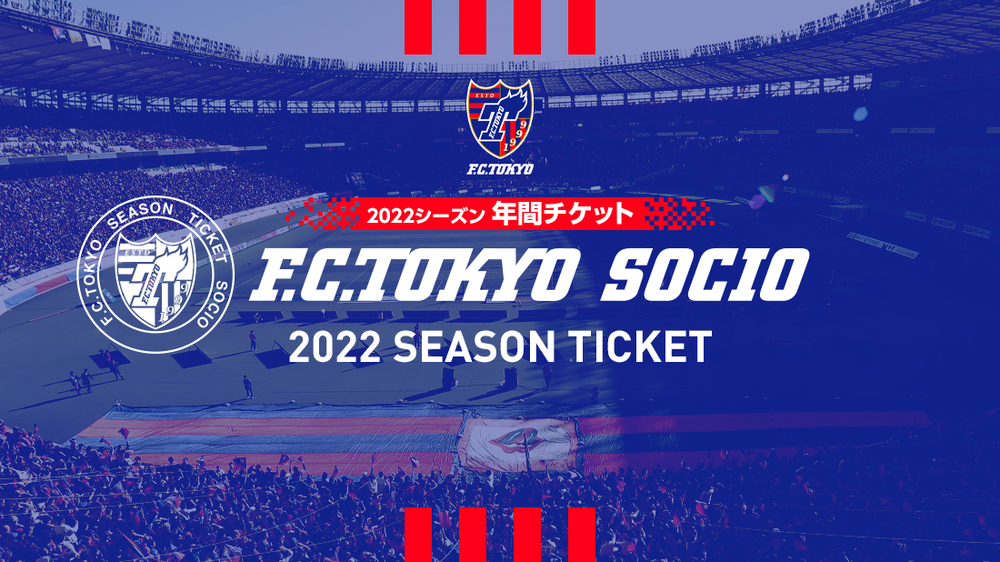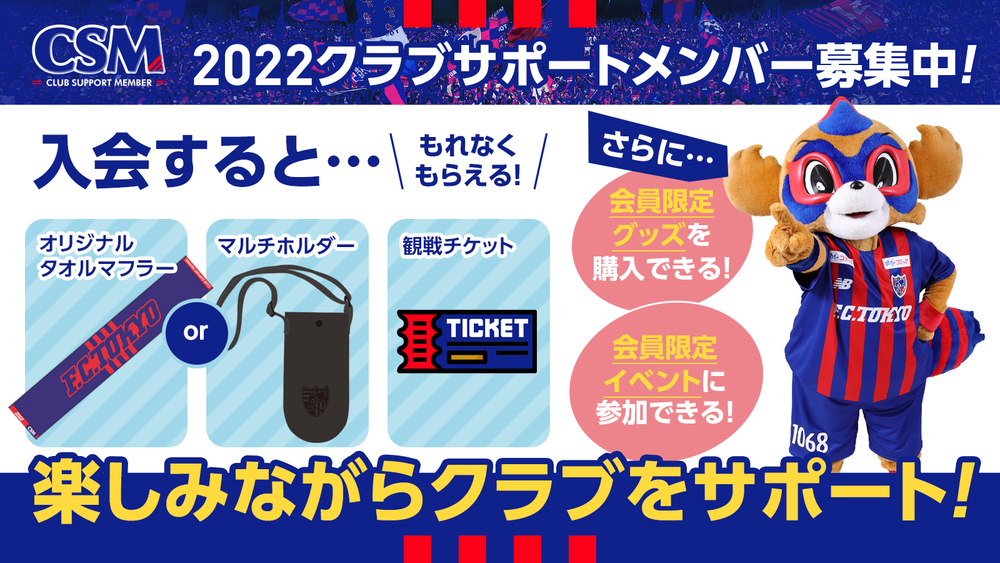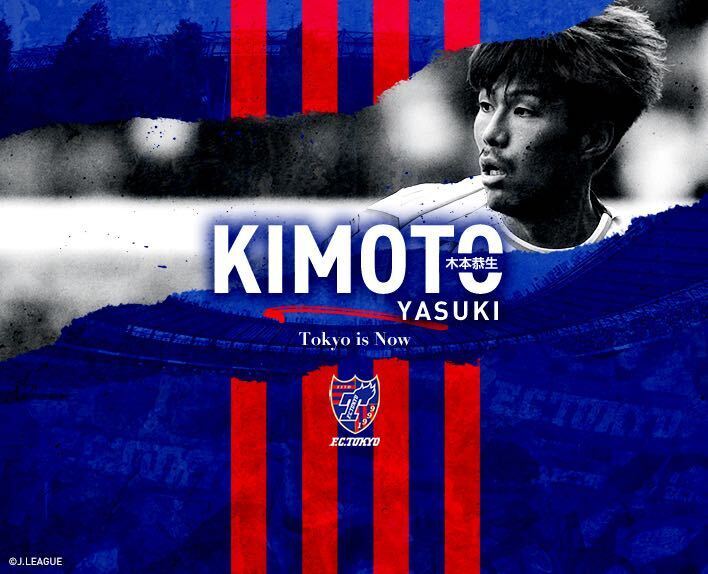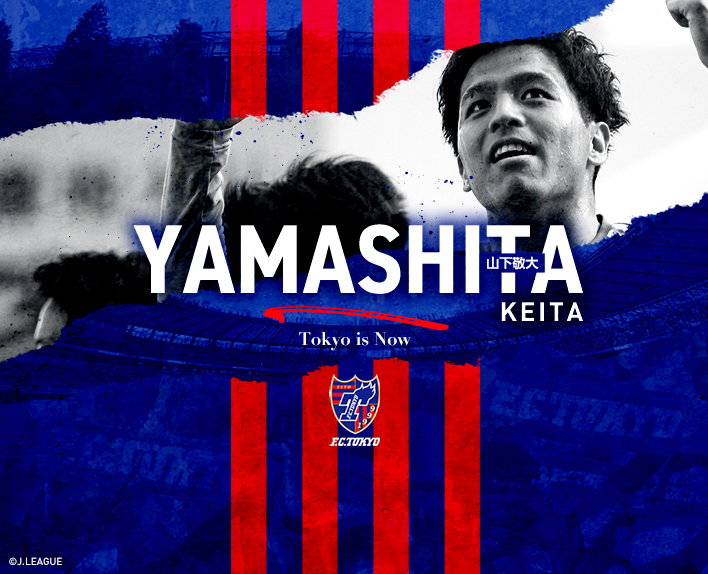Q: What should fans and supporters call the coach?
For the past two years, I have been called Albert, but the 't' is not pronounced, it's Albert. The accent is on the 'be', which is the original. For some reason, in Japan, I was registered as Albert, and even Wikipedia has it as Albert (laughs), but I would be happy if I could be called Albert from now on.
Q: So, Mr. Albert PUIG ORTONEDA, this will be your first challenge in J1 and with FC Tokyo, a club in the capital. How did you feel when the offer came in?
First of all, I want to convey that I was truly able to work comfortably in Niigata. The club made efforts to change its direction, and the players followed the playing style I aspire to. I believe the fans and supporters liked it as well. However, I am always seeking new challenges. I have spent most of my career as a youth coach. After serving as a coach at FC Barcelona's academy, I was able to take on the most important position in youth development as the academy director at Barcelona. I was involved in various reforms within the club, and then I set out on a journey for new challenges.
Q, you have served as the technical director of the Gabon national team and as a coach for New York City in Major League Soccer in the United States, right?
When I was appointed as the coach, Domenec Torrent, who served as the right-hand man to Josep Guardiola (former Barcelona coach, current Manchester City coach), invited me to join him at New York City. During the two years supporting Torrent, I developed a desire to become a coach myself. However, it wasn't just anywhere that I wanted to go. I wanted to be involved in an attractive project in a country or city that I respect, and that’s when I received an offer from Albirex Niigata. Two years have passed, and I now feel the desire to take on a new challenge.
Q, so it's a challenge in J1.
A, I would like to challenge myself with a top-class J1 club if it is an attractive project. I received several offers, but the most appealing one was from FC Tokyo. I was drawn to the idea that the club is embarking on reforms and is willing to challenge a new team playing style. Moreover, it is a club located in the capital of a wonderful country, Japan. I was also interested in the fact that it has the potential to become a great club, yet has not yet achieved results that match that potential. Additionally, the fact that the uniform was similar to Barcelona's Blaugrana (meaning 'navy and maroon' in Catalan) was one of the factors that caught my interest (laughs).
Q: Do you feel any connection to the club where Takefusa KUBO once played?
When Takefusa KUBO was 10 years old, Barcelona acquired him, and it was I who made that decision as the academy director at the time. I think it's a beautiful story that I came to the club that Kubo joined after Barcelona. However, it's unfortunate that he didn't return to Barcelona (laughs).
Q: I have watched your matches during your time in Niigata, but once again, what kind of football do you aim to play at FC Tokyo?
Thank you for watching the match. The Barcelona team I once worked with emphasizes positional play in soccer, continuously seeking what to do with the ball in both attack and defense. I believe the style that Barcelona has expressed matches the strengths and characteristics of Japanese players. There are many intelligent players among the Japanese. I have the impression that many players understand well why that play is required and why that phenomenon occurs. Compared to the world's strong nations, they may be physically inferior, but on the other hand, their level of technique is very high. They also possess speed. With their dedicated nature, they are also good at pressing and winning the ball back.
Q, these are exactly the things required for the Barcelona style.
A, I have always wondered why Japanese people do not pursue a style of play like Barcelona's. I believe that the Barcelona style suits the Japanese, as demonstrated in Niigata. Despite most players having never experienced it before, by the second year, they were able to express it quite well. More importantly, the fans and supporters liked that style of play. Many spectators came to the stadium. It would be wonderful if we could express the soccer we showcased in Niigata in Tokyo, the capital of Japan.
Q, during the Niigata era, the football seemed to have both attack and defense designed simultaneously. Additionally, it was characteristic that the shape changed significantly when forming blocks in defense and when building up in attack.
In both attack and defense, everyone must play as one block. In my country, we express this as 'travel together as a team.' Possession of the ball is important, but what we emphasize even more is position. Position and possession, these two elements enable better attacks. Additionally, in soccer, there are two main ways to defend: by protecting space and by defending through ball possession. As Johan Cruyff said, as long as we have possession of the ball, the opponent cannot attack.
Q, so having the ball is equivalent to good defense, right?
Yes, that's right. If each person takes a good position, we can achieve better possession and create more chances. If we have good positioning in attack, we can recover the ball effectively when it is lost. That is the positioning I seek. In defense, we must run and sweat for the team. Players who cannot do that will not play. If there are players who think they are so great that they don't need to run, I might just give them Guardiola's phone number (laughs).
Q: Recommend going to Manchester City (laughs).
A, however, in reality, there is only one player in the world who doesn't have to run. That is Lionel Messi. In other words, everyone in Tokyo must run. Additionally, even when the opponent applies high pressure, I hope they can connect passes without fear. In Niigata, during the first year, we were clearing the ball repeatedly. By the second year, we started to keep the ball and connect passes to teammates. I want the players in Tokyo to change in a shorter period of time.
Q: It seems you watched several games in Tokyo during the 2021 season. Are there any players you are looking forward to or find interesting for the 2022 season?
I have watched many matches in Tokyo, but unless I see the players with my own eyes, I won't understand. First, I want to see the players with a blank slate. I want to hold meetings and have clear communication with the players. I prefer to talk to players individually. If there is something they don't understand, I want them to come and ask, and I also want to offer advice. I tend to express myself straight without sugarcoating, so there may be times when it’s hard to hear. Regardless of whether they are young or veteran players, I want to convey my thoughts to them.
Q: The Niigata team showcased wonderful soccer in the 2021 season, but they slightly lost momentum towards the end. What do you think was the cause of that? Tokyo also had a fantastic season in 2019 but lost momentum and missed out on the title. Are there any lessons from that experience that can be applied to Tokyo?
A, I don't know what happened in Tokyo, but I can explain what happened in Niigata. I believe the main reason for the decline was that, in over 90% of the matches in the 2021 season, despite outnumbering the opponents in chances and shots, they continued to drop points due to a lack of finishing ability. Niigata was clearly more aggressive than any other team, but it's difficult to explain why such a team had so many draws. There were matches where the shot count was 20 to 3, yet the score was 1-1.
Q: Looking at rival teams, Peter UTAKA (Kyoto SANGA F.C.) and Lukian (Júbilo Iwata) demonstrated their finishing ability.
A, I think they brought points to the team. If we could take the lead, the opponent would have to come out to score, making it easier for us to add more goals. For example, the match where we defeated Verdy 7-0 at home was such a scenario. However, perhaps due to the impact of that match, many teams have since tightened their defense.
Q: Tokyo has a great lineup of strikers.
A, they must once again prove their high level of decisiveness. This is because the 2022 season will require them to demonstrate decisiveness in tight spaces. Counterattacks provide space when taking shots, but in the 2022 season, there will likely be more games where they push the opponent back. In such cases, the space in front of the opponent's goal will become narrower. The question is whether they can still score. Of course, I have high expectations for them. I also have expectations for the younger players. Japanese players tend to be concerned about age, but I do not hesitate to utilize younger players. I respect veterans, but what matters on the pitch is performance, not age. It doesn't matter if you are 35 or 15 years old.
Q: Takefusa KUBO also stepped onto the J1 pitch at the age of 16.
A, there are many talented young players in Japan, so I want to pay attention to the academy players as well. If there are good players, I want to challenge them in the top team. On the other hand, foreign players must bring something to the team that Japanese players cannot provide. I feel the same way. If I can only offer what a Japanese coach can provide, then there is no need for me to lead the team. Moreover, I believe that the coach who follows me should also be a Japanese coach.
Q, it's about building a solid foundation, isn't it?
A, sooner or later, I will leave this club, this city, and this country. My mission is to nurture FC Tokyo, a club for the people of Tokyo. I was surprised that everyone in Japan says, "We aim to win the championship." I do not say such things. I am someone who hates losing more than anyone and is obsessed with winning, but what I can promise is to instill a clear playing style, equip the team with enough strength to always compete for the championship, and grow the club. We will prioritize players from the academy, reinforce with high-quality foreign players, and continuously grow by recruiting players suited to my playing style. FC Tokyo is still not at the top level in terms of management scale in J1. The current professional soccer world is not an easy place where clubs that cannot compete at the top in management scale can always aim for the championship. However, if the team and the entire club continue to grow, it will also promote growth in management scale.
Q: In addition to developing the current players, if the club gains economic strength, it will be able to establish an even more solid power.
A, it is a time-consuming process, and we must proceed with patience. I hope that fans and supporters will support us with a long-term perspective. I want you to closely observe the kind of play the team is aiming for and how they express that play. If we continue to express a style of play that makes you feel proud, the number of fans and supporters in the stadium should increase. The more fans and supporters we have, the more we can attract sponsors.
Q: If the number of sponsors increases, revenue will increase, making it possible to strengthen the team with higher quality players.
For example, Kawasaki Frontale has a clear playing style, which is why they are always in the title race. I want to build the foundation of this club over the next 2 to 3 years. Based on that foundation, I want to grow the club into one that can compete for titles every year. This requires not only the players and the team but also every area of the club to become professional. I believe it is also my role to encourage that. It's not just about the playing style expressed on the pitch; the entire club must grow. Being a wonderful person and being excellent professionals and workers are essential.
Q: Finally, please give a message to the fans and supporters in Tokyo.
I believe that Japanese people have a national character of mutual respect. I am also a person who values respect. Let's work together and fight. If I make a mistake, I intend to apologize, but I will not apologize for losing a match. There are times when, despite giving our all, we cannot win a match. That is not a failure. Any project requires time and patience for success. In that process, I want to continue fighting so that everyone can unite. I look forward to the day I can meet all of you!
text by Atsushi Iio








